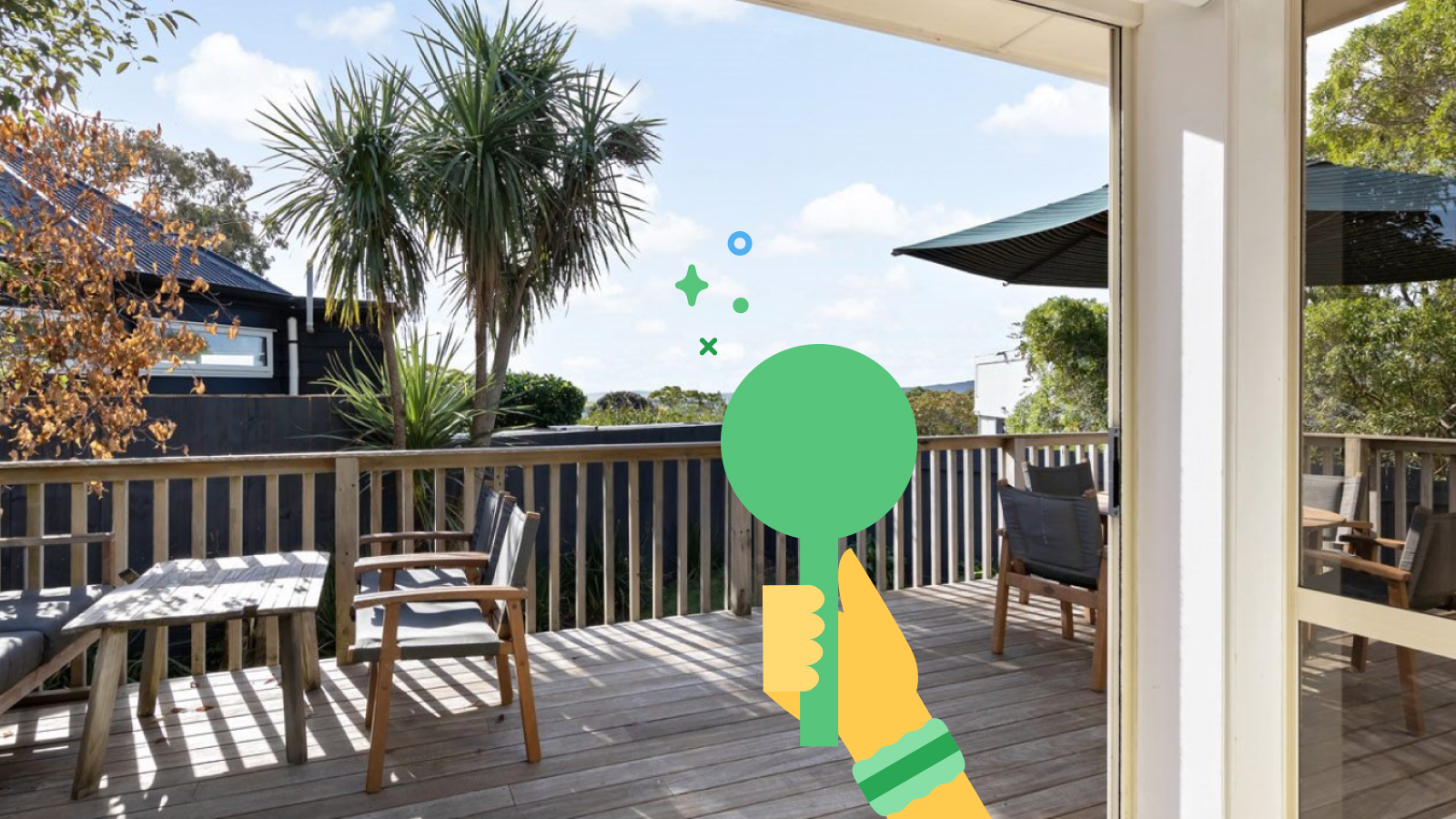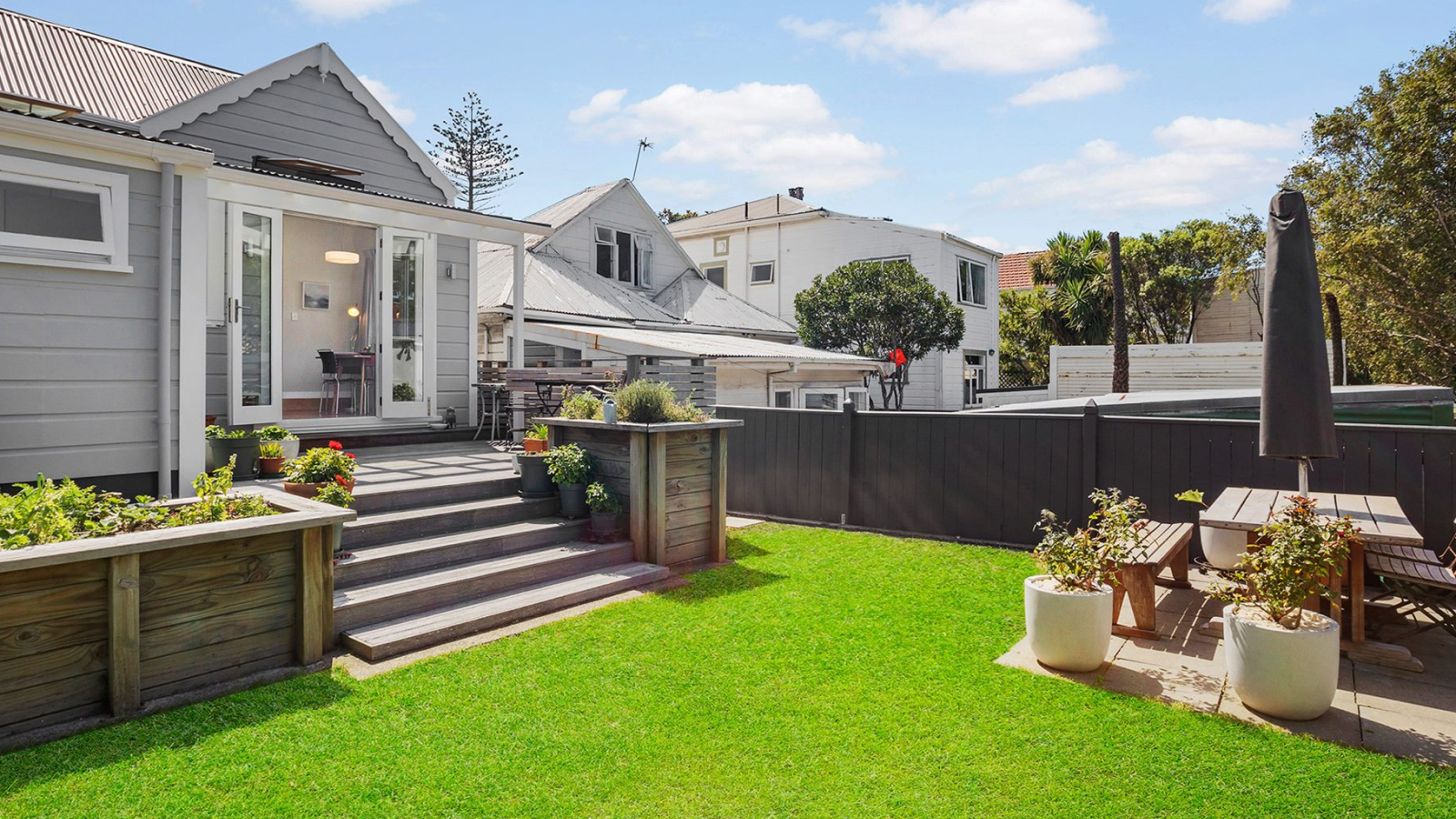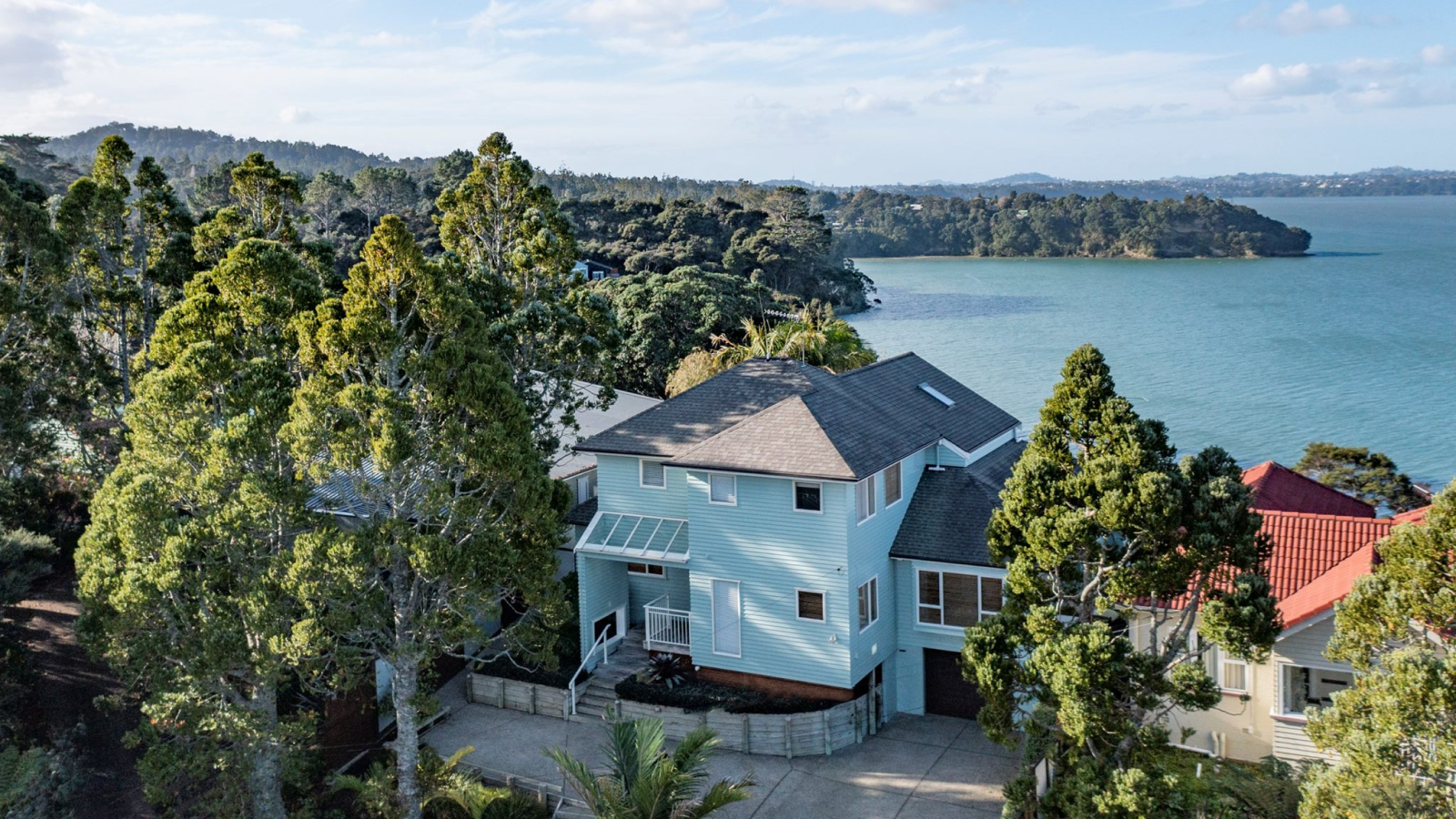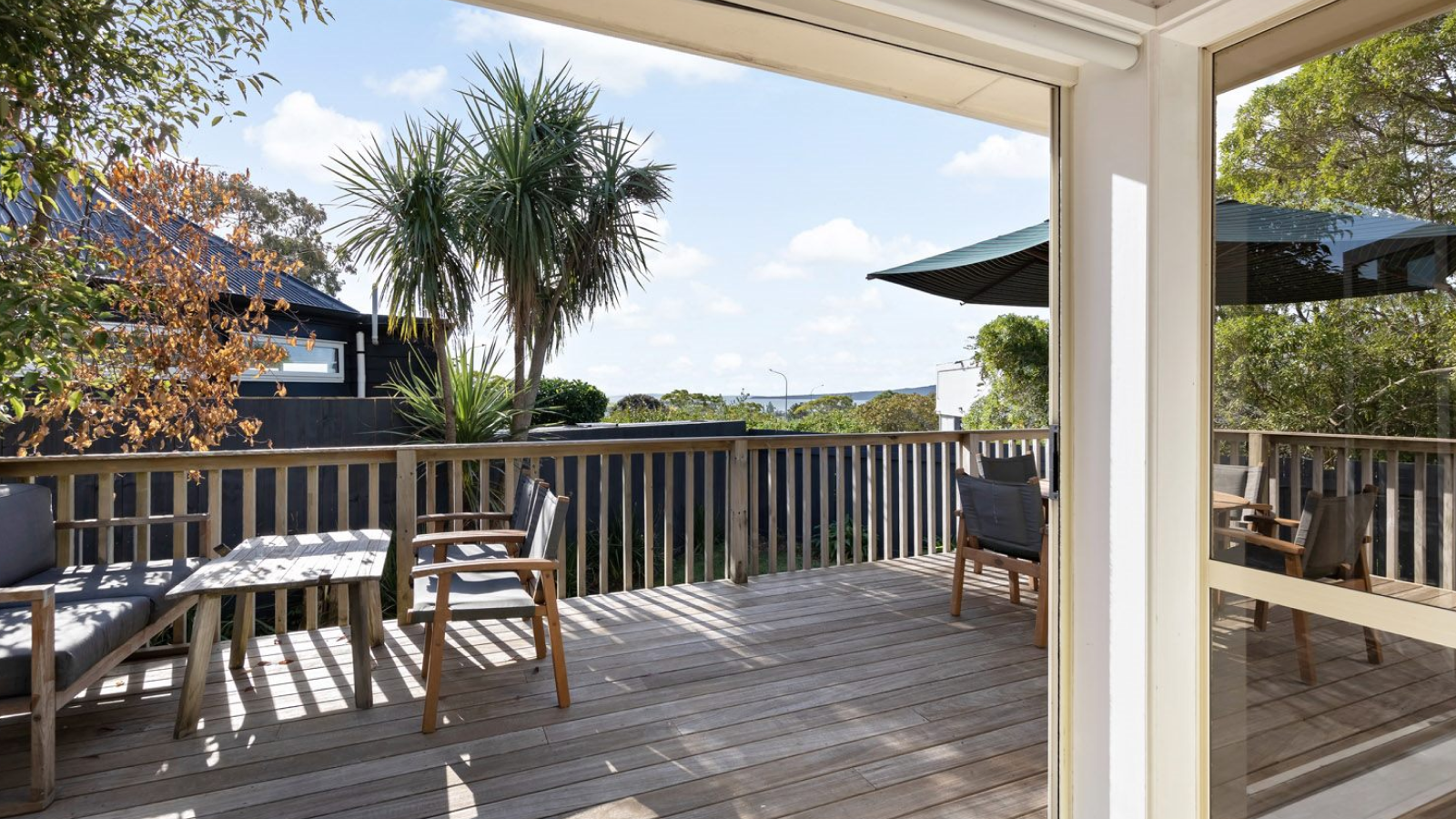Buying guide
Tips on bidding for a home in a buyers’ market
How to negotiate in a buyer's market.
Some buyers are getting a little over-excited about their power in the current buyers’ market and throwing in silly bids on properties of interest. One vendor pricing his home at $1.7 million said he’d had an offer for $500,000 which he ignored as a waste of time.
It may be tempting to try the odd “cheeky offer” but it can backfire on you in ways you may not anticipate. Vendors may refuse to deal with you again if you come back with another more reasonable one, for instance.
According to Tommy’s Real Estate senior agent, Nicki Cruickshank: “The market’s changed by around 10% or 15% but you do alienate the owners with these silly offers.” If buyers put in a better offer down the track, vendors tend not to want to deal with them, she confirms.
Tommy’s agents typically ask their vendors to put an indicative price guide on their listings and this is the minimum that an owner will take, explains Nicki.
53 Brougham Street, Mount Victoria, Wellington
Vendors are more willing to meet the market at the moment, she maintains. People who had their property on the market in the summer of 2021/2022 and didn’t get the price they hoped for, are now bringing these homes back to the market and they’ll be more realistic vendors, she says.
If sellers are trying to calculate what their homes are worth now, they’ll be taking around 10% off what they could have sold it for six months ago, or they can expect to sell for the same as the home would have sold a year ago, says the Tommy’s agent.
Make your bid a conversation opener
Barfoot & Thompson Titirangi agent, Brigid O’Connor says most vendors are willing sellers but they do need serious offers. You don’t want to start with a “conversation killer”, you want it to be a sensible offer, a “conversation opener,” she says.
At the same time, sellers have become more sensible in their approach to conditional offers, so buyers are better able to “de-risk” their situation. If you have a cash offer, you might be able to make your offer $100,000 lower than someone bidding with conditions. The more conditional the offer, then the stronger the money (your offer) should be, explains Brigid.
She advises against making lowball offers in a scattergun fashion. “If a buyer is bargain hunting, then they’re going to be going from property to property and having an awful experience,” she says. If you like a property, then have a serious crack at it, and if you have a home to sell then it should be ready to go on the market, she advises. For the vendor, there’s nothing worse than having an offer and the house the buyer has to sell is a month away from being ready to be brought to the market, explains Brigid.
The Barfoot’s agent is marketing a Titirangi home which has gone from “by negotiation” with an expectation of a price point of over $2 million, to an asking price of $1.945 million. The vendors are very open to conditional offers, she says.
30 Arama Avenue, Titirangi, Waitakere City, Auckland
If you find the seller has recently named a new price, the chances are they’ll want offers pretty close to that figure, says Josh Nixon, UP Real Estate agent.
Josh’s client on a Mission Bay property last week dropped the original asking price of $1.375 million to a new asking price of $1.325 million, which is $150,000 below the CV.
6A Colenso Place, Mission Bay, Auckland City, Auckland
“The big thing is, we're not seeing vendors who are desperate. They’re saying, this is my price, this is probably fair and they're expecting a buyer to give them an offer that’s close to it,” he says.
“The mythology that you’re just going to come in with an eye-watering offer and beat the vendor, is not the way to go,” adds the UP agent.
The first thing to find out is the vendor’s motivation
Making an offer on a house is all about engagement, explains Emma Duncan from Anne Duncan Real Estate.
If the offer is something offensive, an owner won’t even want to countersign your offer. If you do get a countersign, then the process has begun and you’re more likely to conclude with a sale, she says.
Give the vendors some information about yourself to help your bid, she suggests. “Homeowners love the journey and the story behind every buyer. If they hear you’re a young couple or a family who love their home, they’ll be more on your side,” she adds.
At the same time, find out the seller’s reason for sale, Emma says. “Every single seller has a different motivation. Some might have bought another house and taken the risk to sell without bridging finance. They might have 12 weeks to meet the market,” she explains. For others, it might be their last home they’re selling pre-retirement and they want the money and they’re not going to budge. They might have a set price, and they’re prepared to wait a year or two.
And if you’re waiting to time the bottom of the market, a message from CoreLogic
As a buyer looking at making a competitive offer on a home, do as much research as possible, suggests CoreLogic head of research, Nick Goodall. Look at all the data you can to give you a feel on price, and how much lower than expectations, a property might go for.
If you’re already a buyer in the market or a new buyer coming in, you may be asking why buy today, why not wait, he adds.
Chief property economist at CoreLogic, Kelvin Davidson, has done the figures on the financial implications of buying soon or waiting for first home buyers. He looked at a first home buyer earning the average household income, with an 80% mortgage at a mortgage rate of 5.1% over a 25 year term, making annual mortgage payments of around $58,000 a year. In the scenario where house prices fell by a further 10% from now but mortgage rates rose by another 1%, he found the annual debt servicing cost barely changes – it would be around $57,000 annual debt servicing cost. In the scenario where the home buyer waits until house prices drop by a further 15% and where mortgage rates increase by 0.5% to around 5.6%, then the saving on annual mortgage payments would go from around $58,000 to less than $52,000 so it might be in their interests to wait.
Kelvin adds: “Finances probably shouldn’t be the only determinant of the decision to buy. Of course postponing the decision to buy in the hope of paying a lower price later could mean that a buyer ends up with a property that they don’t like as much.”
Other articles you might like




